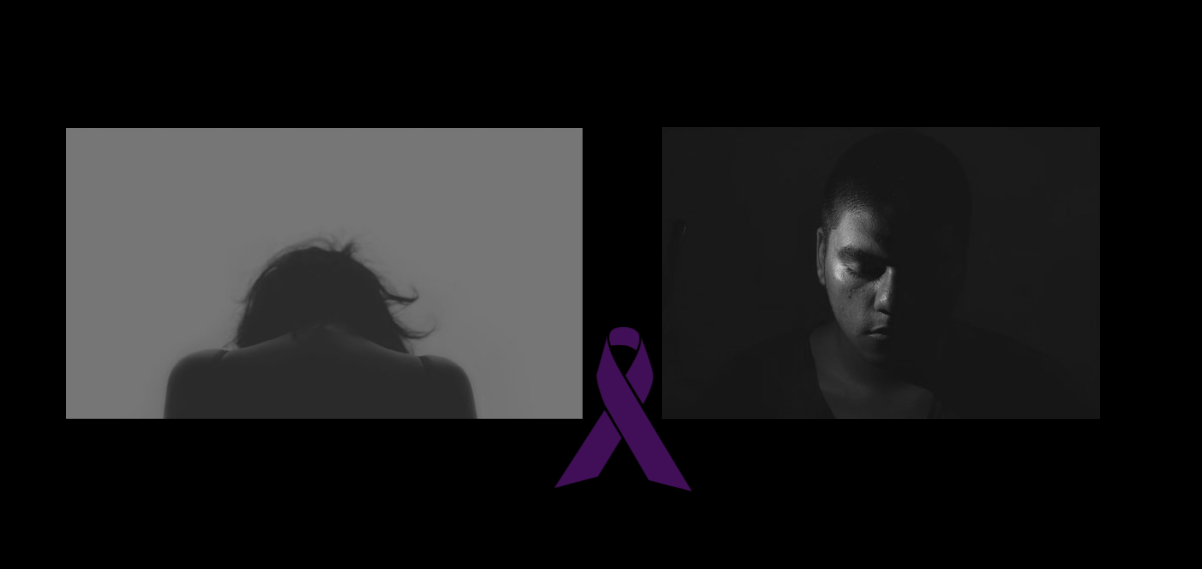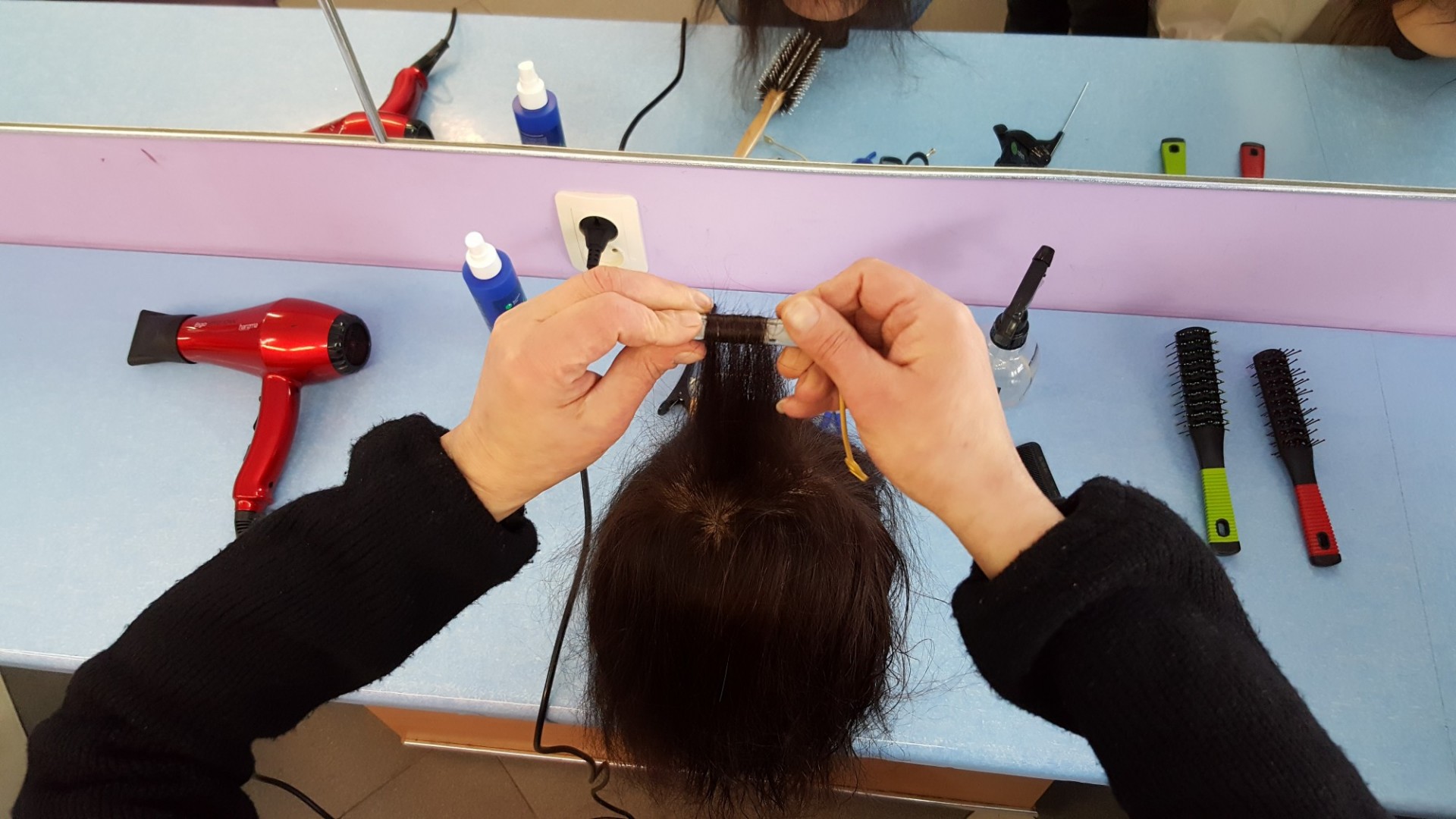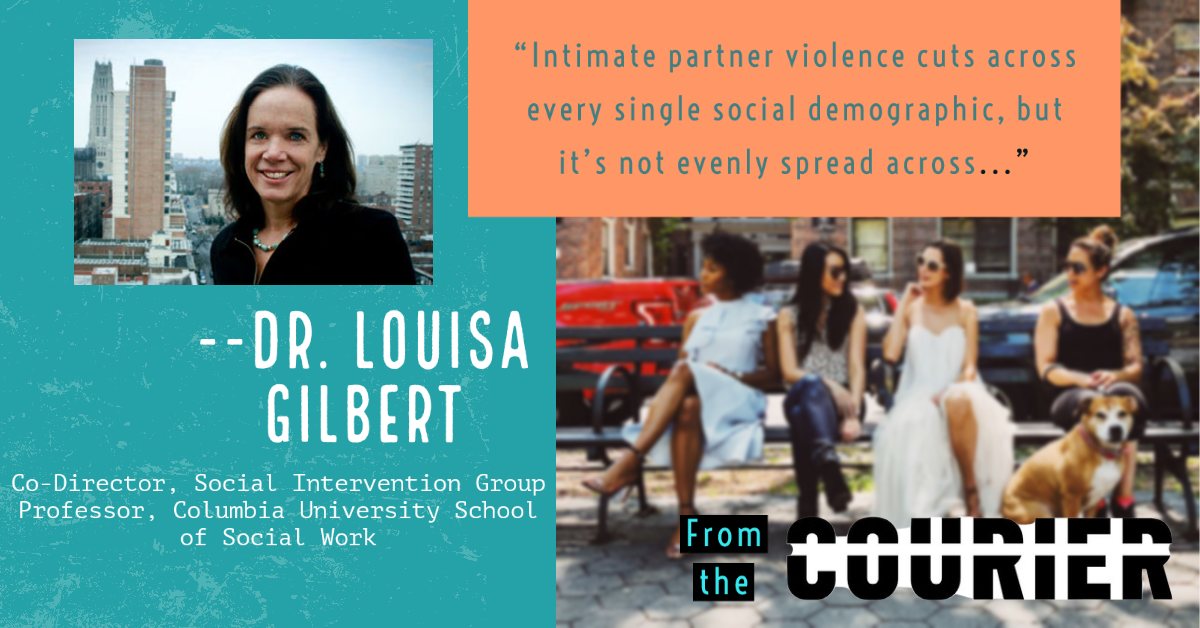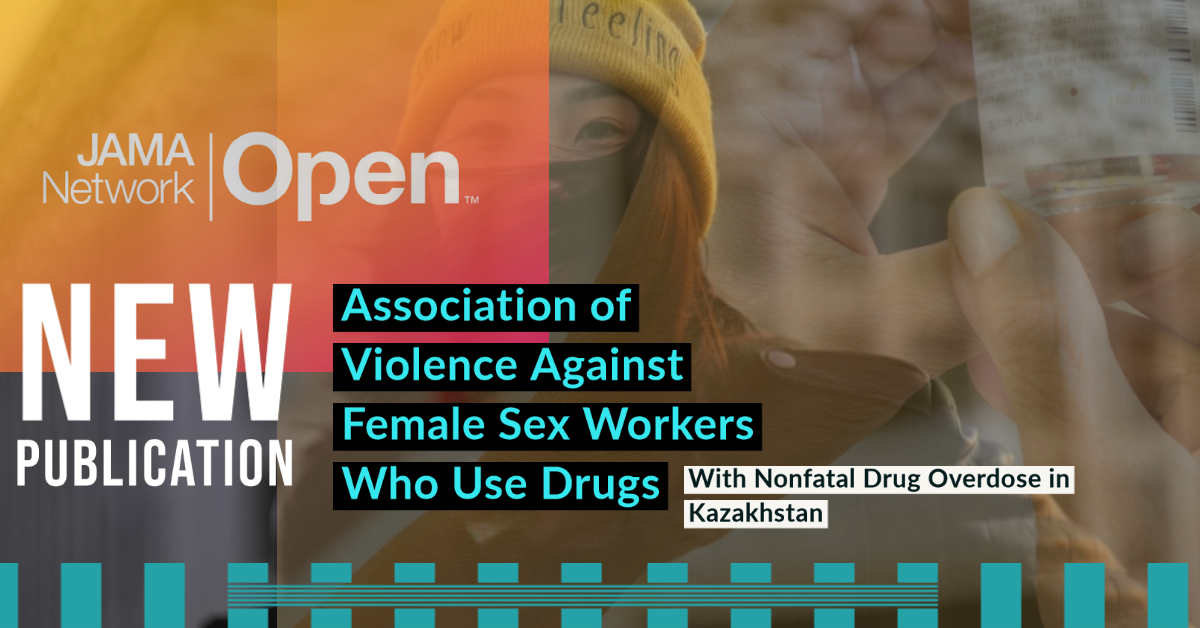Research and resources for individuals impacted by domestic violence in recognition of Domestic Violence Awareness Month.

Never have we been more focused on our shared humanity than with the advent of the COVID-19 pandemic. Experiencing the same virus globally has heightened awareness of our global connectivity. Though a shared hardship, we have also seen, laid bare, how differently it has impacted many of us. In the US, COVID-19 has disproportionately impacted non-White populations with a greater number of cases and hospitalizations among Native/American Indian, Hispanic/Latinx, Black, and Asian populations, with two times the death rate among Black Americans.
There is another way COVID-19 has impacted some individuals differently: Those who experience abuse at home may be more likely to suffer from increased intimate partner violence without having readily available COVID-safe escape options or the ability to reach out for help. Social workers have expressed concern about individuals trapped at home with their abusers, and preliminary data have shown that associated markers of violence -- calls to hotlines, injuries, and femicide -- have increased.

Recognizing Domestic Violence
October is National Domestic Violence Awareness Month, impacting all genders, races, sexualities, and cultures. It is also much broader in scope than punches or a black eye, as Break the Cycle shares:
It’s yelling, humiliation, stalking, manipulation, coercion, threats and isolation. It’s stealing a paycheck, keeping tabs online, non-stop texting, constant use the silent treatment, or calling someone stupid so often they believe it.
The domestic violence hotline is 1-800-799-7233. More resources follow this story.
Domestic violence has no bounds when it comes to sexual orientation, either. Just as with heterosexual couples, same-sex couples can face the same violence from partners. There is nothing pathological, unhealthy, or different with respect to partner violence among same-sex couples. Further complications arise, however, when couples must grapple with additional disparities based on their sexual minority status and race.
Domestic Violence Amid Complicating Factors
Black men who have sex with male partners and experience intimite partner violence face additional layers of complications based on systemic racism and other societal inequalities and pressures. These include fear of reporting to the police due to issues with which we are all familiar. If law enforcement is engaged, the officer must then be trusted to assess who is the presumed perpetrator and believe the victim in the same-sex partnership. In hetero relationships, this determination is more easily made since the woman is the person being abused in 97% of the cases.

LGBTQ individuals experiencing abuse can also contact the Anti-Violence Project.
Most salient for Black men who have sex with men is so-called “Gay-related intimate partner violence,” or threatening to “out” one’s partner to the world. Further abuses of power can include threatening to tell others about the partner’s HIV status -- whether they are positive or not-- to exert power. One study conducted here at the Social Intervention Group (SIG) by co-Director Dr. Elwin Wu, Connect ‘N Unite (CNU -- as in, “seeing you” -- we see you and your humanity) also found that the interplay between childhood sexual abuse, substance use and HIV increased the likelihood of experiencing or perpetrating violence, just as with hetero relationships.
Recognizing National Gay Men’s HIV/AIDS Awareness Day
Race also plays a significant role for women, as Dr. Louisa Gilbert, co-Director of SIG, says in a recent Courier article:
“Intimate partner violence cuts across every single social demographic, but it’s not evenly spread across,” says Dr. Gilbert in the Courier article. The article continues:
"This is especially true among Black women, whom Gilbert said are rightfully less likely to call the police for help at all, for fear of further harm or even death."
Substance use is another contributing factor to abuse among all couples, same-sex and hetero.
SIG’s Director Dr. Nabila El-Bassel, who has studied this interplay for the past thirty years, says,
There is a dire need for funding research around women who use drugs and other marginalized populations.
Drs. Nabila El-Bassel and Louisa Gilbert: Selected as top 25 top cited intimate partner violence researchers
In fact, findings around substance use and abuse are not limited to the United States. Dr. El-Bassel and her team, including Dr. Andrea Norcini Pala, Trena I. Mukherjee, Tara McCrimmon, Dr. Gaukhar Mergenova, Assel Terlikbayeva, Sholpan Primbetova, and Dr. Susan S. Witte, recently published a study in JAMA, Association of Violence Against Female Sex Workers Who Use Drugs With Nonfatal Drug Overdose in Kazakhstan.
Their research was part of a study called Project NOVA. The study found that intimate partner and non-partner violence, especially severe physical violence, were significantly associated with experiencing non-fatal overdose. This study also found that a history of incarceration was associated with increased risk of overdose in this population.
One of the researchers, Sholpan Primbetova, is the Deputy Regional Director of the Global Health Research Center of Central Asia, which was co-founded by Drs. El-Bassel and SIG co-Director Louisa Gilbert. Ms Primbetova was recently featured in Forbes Woman Kazakhstan magazine about her work with colleagues including the aforementioned NOVA study.
As a part of Nova Project, female sex workers learned financial literacy, took professional courses such as seamstress training or hairstyling, and worked with a psychologist.
I thank NOVA because it has changed my life, and I do not use drugs now. I live with my both husband and child, and lead a healthy lifestyle. Thanks to NOVA and vocational courses I’ve learnt to cut hair.

The findings from NOVA suggest that harm reduction programs must consider the unique needs of women, including services to address gender-based violence and the needs of women after incarceration, to more effectively engage women in overdose prevention efforts.
The need to provide these accessible resources has been even more critical during the challenge of home confinement that COVID-19 has caused. Domestic violence can impact anyone, and it is important to seek help for yourself or others.
Our team has compiled a list below. Are there others you would like to recommend? Please contact Eleni Vlachos.
Resources For Those Impacted by Domestic Violence
- National (US) Domestic Violence Hotline; text LOVEIS to 22522, or call 1-800-799-7233
- The Anti-Violence Project tackles violence against LGBTQ communities
- NYC Hope Multilingual Domestic Violence Resource Brochure (pdf)
- Sanctuary for Families
Additional resources from The New England Journal of Medicine:
- Crisis Text Line (text HOME to 741741)
- National Parent Hotline (call 1-855-427-2736)
- Childhelp National Child Abuse Hotline (visit https://www.childhelp.org/childhelp-hotline/. opens in new tab or call 1-800-422-4453)
- Futures Without Violence (visit https://www.futureswithoutviolence.org/resources-events/get-help/. opens in new tab



